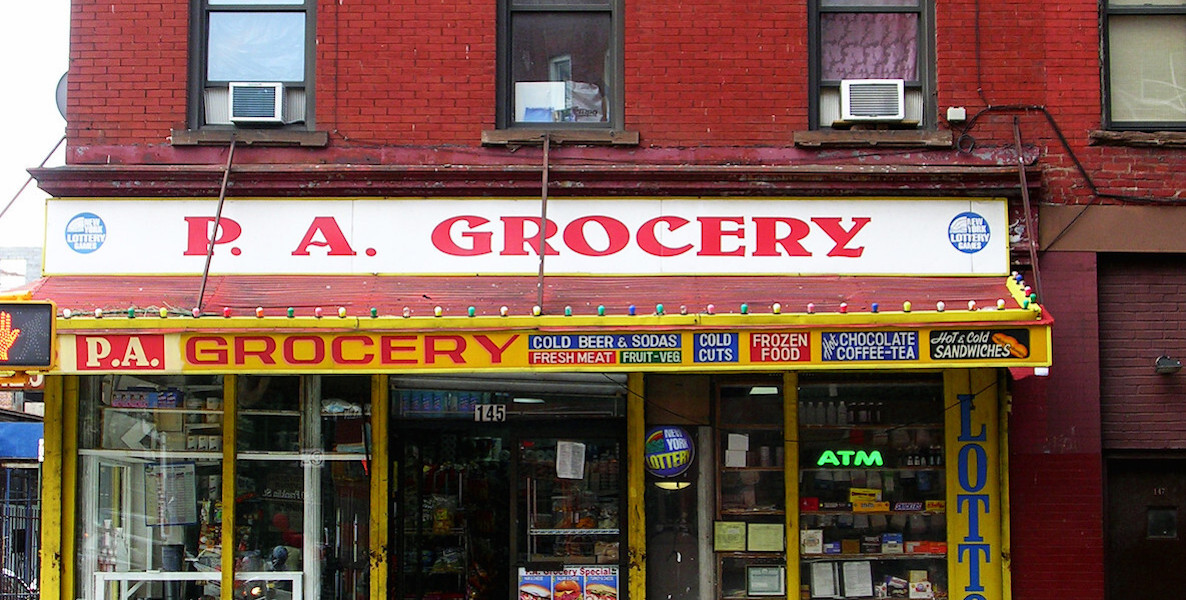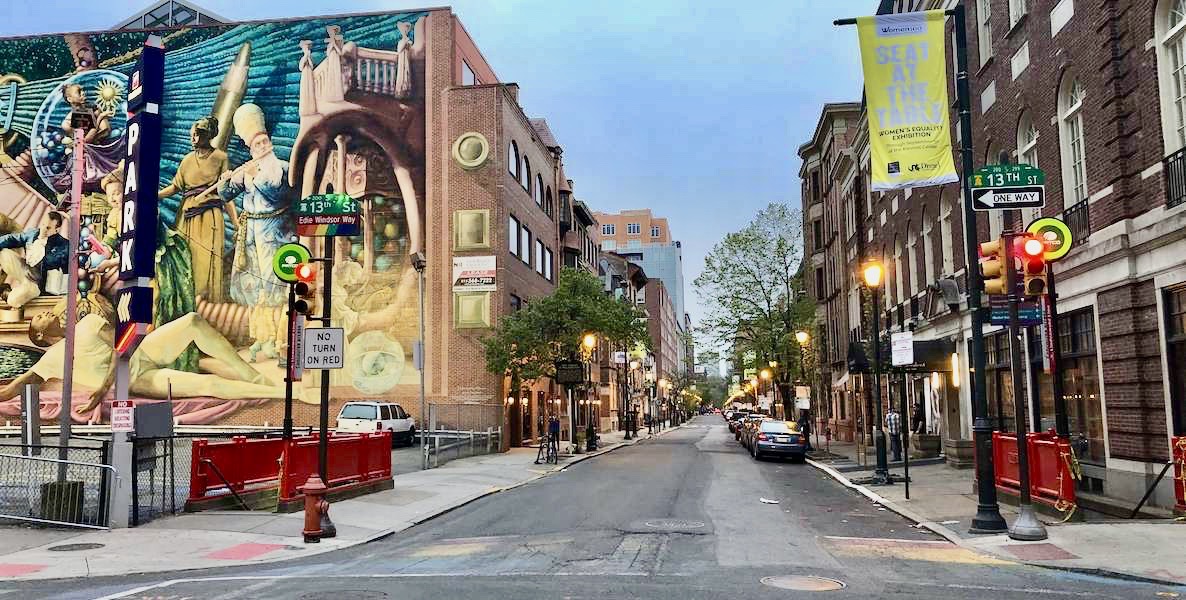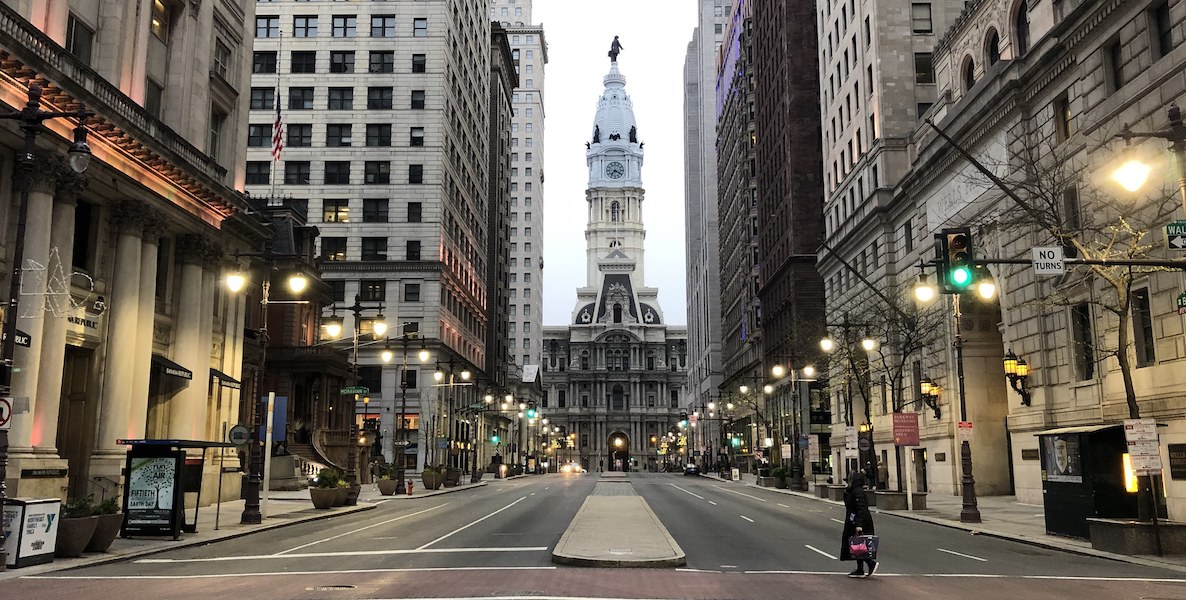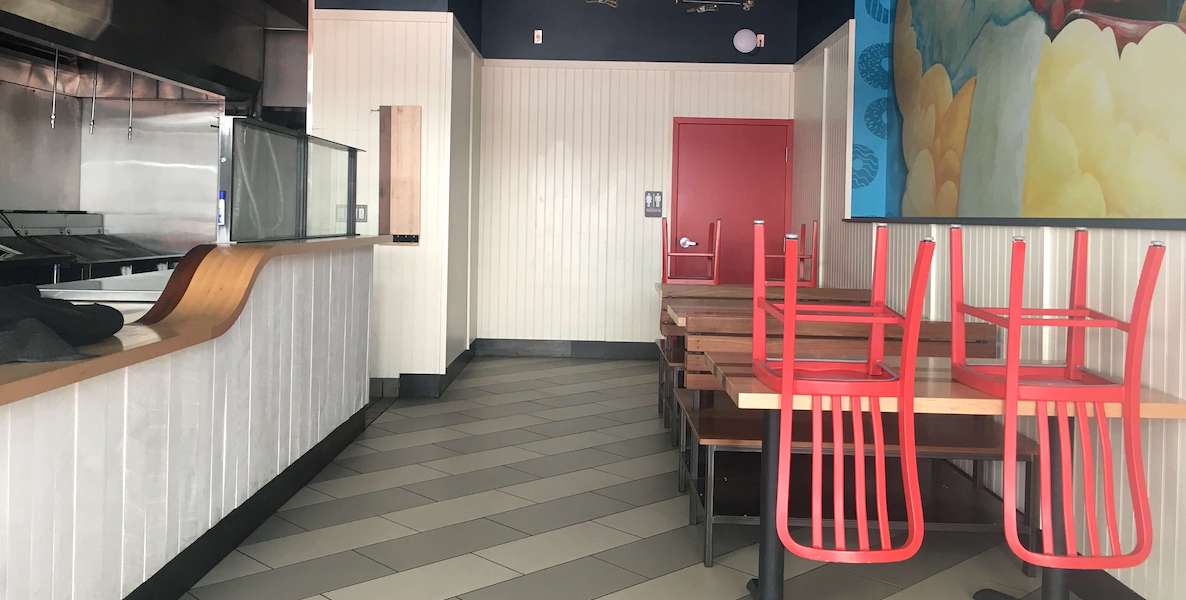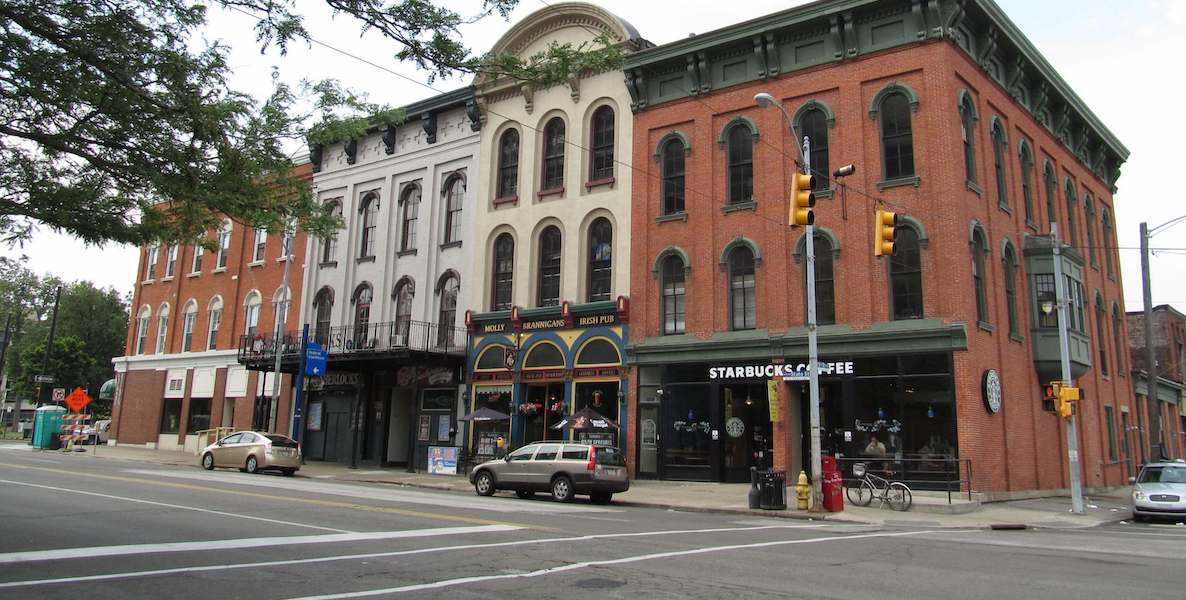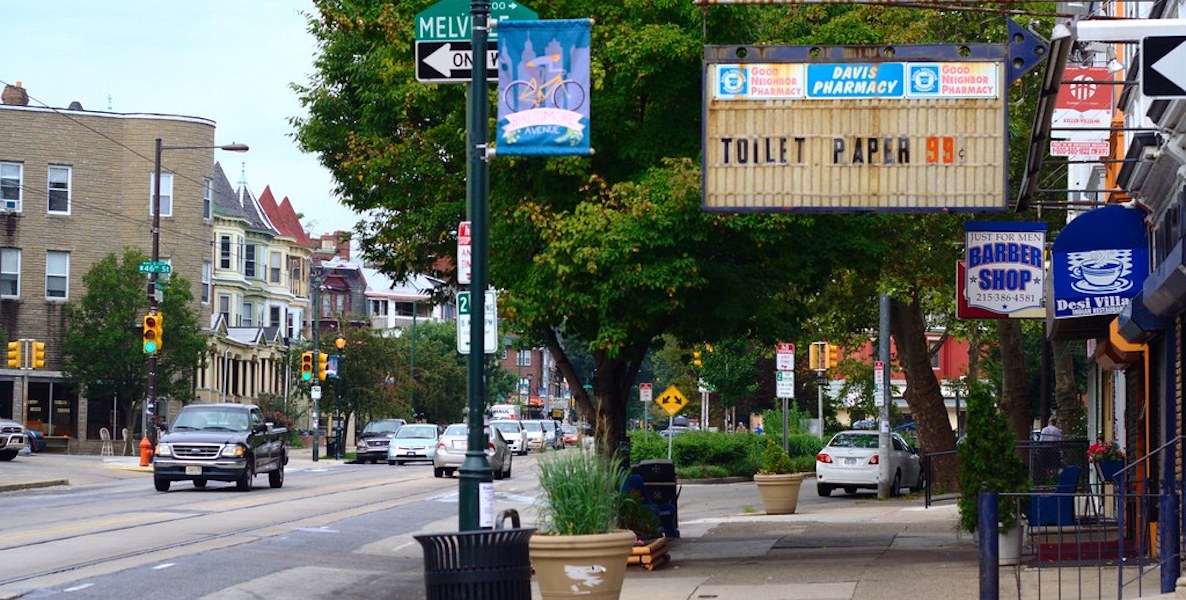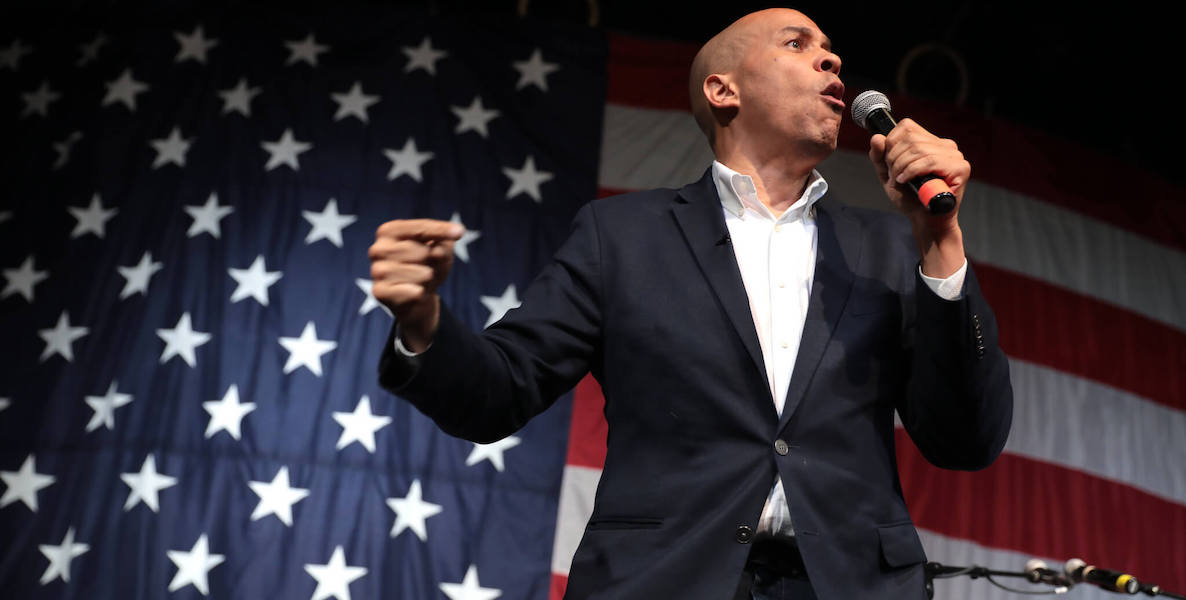On April 8, the three of us—along with two close colleagues, Rick Jacobs and Jamie Rubin—published a piece entitled “In Need of a Main Street Emergency Act”.
![]() Our thesis was stark and straightforward: The Covid-19 crisis is wreaking havoc on small businesses across cities, suburban municipalities and rural towns, particularly micro businesses that employ fewer than 20 employees and offer services vital for our communities.
Our thesis was stark and straightforward: The Covid-19 crisis is wreaking havoc on small businesses across cities, suburban municipalities and rural towns, particularly micro businesses that employ fewer than 20 employees and offer services vital for our communities.
The local relief funds established by public, private and civic stakeholders, while fit to purpose, are already oversubscribed and undercapitalized. And the federal responses enacted as part of the CARES Act are already proving to be insufficient in scale, timing, product and distribution scope to address the needs of Main Street businesses.
Our solution: Send flexible resources directly to cities, counties and states so that they could top-up their relief funds and provide additional assistance to small businesses likely to be missed by the bank-administered Paycheck Protection Program.
The passage of time has confirmed our concerns and reinforced the need for new federal legislation. There has been a growing consensus that the SBA programs, even with recent modifications that provided much needed carveouts for CDFIs and community banks, haven’t reached multitudes of Main Street businesses.
Additionally, though these programs provide some very specific relief, they do not address the choppy recovery period to come, which is also likely to devastate the Main Street business districts and commercial corridors where local-serving businesses tend to congregate and co-locate.
For the past five weeks, we have been working closely with Senator Cory Booker from New Jersey on using our idea for a Main Street Emergency Act as the basis for federal legislation.
Businesses owned by entrepreneurs of color are less likely to have strong relationships with traditional financial institutions and are, therefore, less likely to receive loans from the Paycheck Protection Program.
Last week, Senator Booker introduced the $50 billion RELIEF for Main Street Act. Significantly, he co-sponsored the legislation with Democratic senator Patty Murray from Washington and Republican Senator Steve Daines from Montana, exhibiting not just bipartisanship but also an important urban-rural connection.
We have also worked closely with Congressman Dan Kildee to introduce the same legislation on the House side alongside Republican co-sponsors.
The leadership of Sen. Booker and Rep. Kildee should not be surprising. Booker served as Mayor of Newark, New Jersey, from 2006 to 2013, where he catalyzed the economic turnaround of his hard-hit city.
Kildee, for his part, was the Genesee County (MI) Treasurer, from 1996 to 2009, where he established a land bank authority to address the issue of urban decay, particularly in the city of Flint. He later co-founded and served as the president of the Center for Community Progress to spread lessons from the Genesee County experience across the country.
The RELIEF for Main Street Act reverse-engineers federal policy to build on and buttress the local relief efforts underway. It provides $50 billion in direct assistance to cities, counties and states to scale existing (or newly created) relief and recovery funds that are explicitly targeted towards small businesses.
Eligible uses of this money would be investments in small business relief funds and technical assistance. Qualifying funds and assistance must serve existing businesses with 20 employees or fewer or businesses located in low- and moderate-income census tracts with 50 employees or fewer, which have experienced a Covid-related loss of income.
Local Small Business Relief Funds will determine the terms and conditions of the products they offer. The program is proposed to be administered by the Secretary of Treasury.
![]() By empowering local leaders to administer flexible relief and recovery funds and by targeting funding to only the smallest of businesses, including very small, minority-owned and rural businesses that are less likely to benefit from existing programs and traditional capital markets, the RELIEF for Main Street Act will provide immediate support, bridge an uncertain recovery period, and catalyze new business formation.
By empowering local leaders to administer flexible relief and recovery funds and by targeting funding to only the smallest of businesses, including very small, minority-owned and rural businesses that are less likely to benefit from existing programs and traditional capital markets, the RELIEF for Main Street Act will provide immediate support, bridge an uncertain recovery period, and catalyze new business formation.
It builds on local relief efforts that are already getting rapid support to businesses. This means that federal resources can piggyback on top of already-established efforts. Across the country, states, cities, counties and towns have established local relief funds to provide emergency support to small businesses impacted by Covid-19.
But local efforts are massively oversubscribed. Many funds received requests for more funding than there was available within days or even minutes of the applications opening.
It provides more distribution channels (banks and CDFIs in addition to local governments, public authorities, philanthropies and business chambers), reaching a broader set of very small businesses unexpectedly on the financial brink, or those attempting to optimize during a slow path to stability, more quickly and with financing that meets their particular needs.
It provides a broader range of products (grants, loans, and hybrid products) than the Paycheck Protection Program, which means that financial assistance can be better tailored to the needs of very different kinds of small businesses. Recognizing that no two communities are alike, local relief funds are tailored to the capacity and financial needs and conditions of local borrowers.
Recognizing that no two communities are alike, local relief funds are tailored to the capacity and financial needs and conditions of local borrowers.
It builds to recovery in addition to providing relief. The recovery period across the country will be distinctly uneven; local funds will be able to better assess the cycle and cadence of recovery and provide products that are fit-to-purpose.
Flexible capital under the control of local funds can address a wider range of small business needs than one-size-fits-all federal programs. Such capital can also provide much needed support to the intermediaries that help steward and manage the business districts and Main Streets that define our communities, particularly the Main Street Regenerators which we and Frances Kern Mennone called for last week.
It sets a platform for financial restructuring. The Covid-19 crisis has exposed the structural deficiencies and racial and ethnic biases in the existing system of small-business finance. Businesses owned by entrepreneurs of color are less likely to have strong relationships with traditional financial institutions and are, therefore, less likely to receive loans from the Paycheck Protection Program.
![]() We need a system that expands the role and geographic reach of alternative lenders and investors, like CDFIs, so they can reach small rural towns and historically undercapitalized neighborhoods at scale. The RELIEF for Main Street Act could provide much needed capital to these community-serving financial institutions, many of which are already involved in key local relief funds.
We need a system that expands the role and geographic reach of alternative lenders and investors, like CDFIs, so they can reach small rural towns and historically undercapitalized neighborhoods at scale. The RELIEF for Main Street Act could provide much needed capital to these community-serving financial institutions, many of which are already involved in key local relief funds.
The prognosis of the RELIEF for Main Street Act, of course, is not clear. It is expected that Congress will pass the next Covid-19 recovery package sometime in June. That package, in theory, must address a series of pressing issues facing the nation, with state and local fiscal relief being the most prominent of many.
The RELIEF for Main Street Act has distinctive attributes. It has the benefit of being introduced in both the House and Senate by a bipartisan group of members.
The RELIEF for Main Street Act has distinctive attributes. It has the benefit of being introduced in both the House and Senate by a bipartisan group of members.
It is flexible enough to bridge between products and places, that is between the immediate rescue of small businesses and the longer-term recovery of commercial business districts.
Significantly, by allocating resources directly to cities, counties and states, it is also able to address similar challenges that are being faced by urban downtowns, suburban commercial corridors and rural Main Streets.
And, finally, it has the support of 100 mayors—including Philadelphia’s Jim Kenney—from large, medium and small cities, reflecting the broad geography diversity of our country.
We urge all of you to review this legislation and engage in the democratic process by vocalizing your support.
Bruce Katz is the director of the Nowak Metro Finance Lab at Drexel University, created to help cities design new institutions and mechanisms that harness public, private and civic capital for transformative investment.Michael Saadine is a real estate and social impact investor. Colin Higgins is a program director at The Governance Project.
Header photo courtesy Gage Skidmore / Flickr


